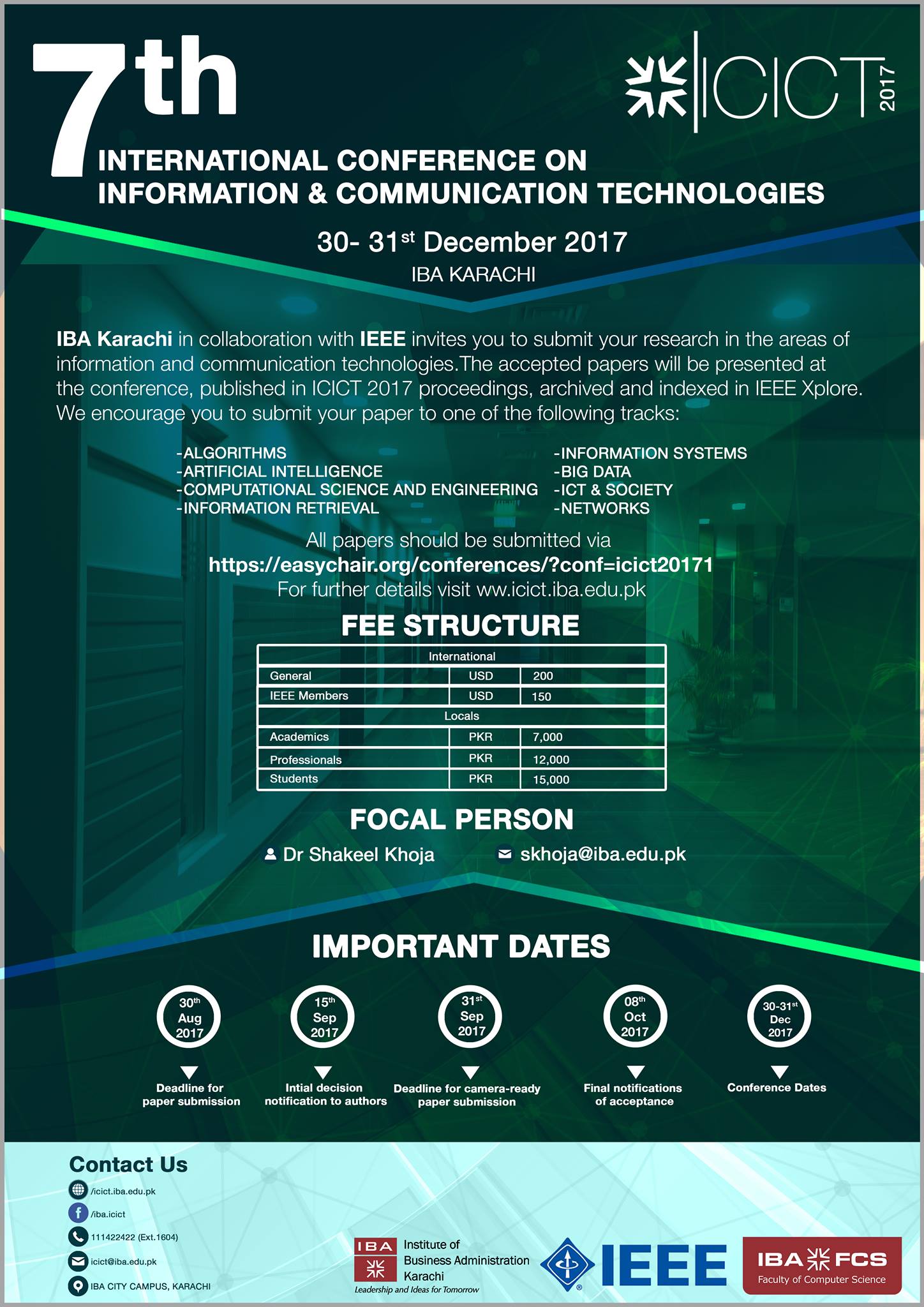Technical Papers Parallel Session-III: Factors affecting the transition time between capability maturity model integration (CMMI) levels in software industry of Pakistan: An empirical study
Abstract/Description
In the recent past a lot of research efforts have been made by the academia and industry both individually and collectively to formulate an realistic and effective Software Process Improvement (SPI) strategy, standards and models or for that matter to identify the factors or elements that have the potential to affect the SPI attainment in the software industry. Unfortunately, these studies failed to reveal the reasons why the organizations take long time to transit between different levels of CMMI and why every organization has different transition time between CMMI levels. The objective of this research work is to find out the hidden factors that affect the transition time between CMMI levels in an organization. In order to meet the objective of the research the secondary research approach was adopted in the form of extensive literature review and 50 face-to-face interview sessions were conducted with high profile IT professionals of Pakistan software industry. During the interviews, the interwees were asked to rate the identified factors on a 5-point scale and their impact in their respective organizations. This study has managed to identify 34 factors that affect transition time between CMMI levels and out these 34 factors two factors (political instability and waving economic policies) are specific to our country. These identified factors can simply be employed to the benefit of the organizations as has been validated in the interview sessions as scrutinized by this study.
Keywords
Capability maturity model integration (CMMI), Software process improvement (SPI), Effective factor, Transition time, Data instrumentation
Location
C9, Aman Tower
Session Theme
Technical Papers Parallel Session-III: Software & Information Systems
Session Type
Parallel Technical Session
Session Chair
Dr. Sufian Hameed
Start Date
30-12-2017 2:20 PM
End Date
30-12-2017 2:40 PM
Recommended Citation
Riaz, M. N. (2017). Technical Papers Parallel Session-III: Factors affecting the transition time between capability maturity model integration (CMMI) levels in software industry of Pakistan: An empirical study. International Conference on Information and Communication Technologies. Retrieved from https://ir.iba.edu.pk/icict/2017/2017/52
COinS
Technical Papers Parallel Session-III: Factors affecting the transition time between capability maturity model integration (CMMI) levels in software industry of Pakistan: An empirical study
C9, Aman Tower
In the recent past a lot of research efforts have been made by the academia and industry both individually and collectively to formulate an realistic and effective Software Process Improvement (SPI) strategy, standards and models or for that matter to identify the factors or elements that have the potential to affect the SPI attainment in the software industry. Unfortunately, these studies failed to reveal the reasons why the organizations take long time to transit between different levels of CMMI and why every organization has different transition time between CMMI levels. The objective of this research work is to find out the hidden factors that affect the transition time between CMMI levels in an organization. In order to meet the objective of the research the secondary research approach was adopted in the form of extensive literature review and 50 face-to-face interview sessions were conducted with high profile IT professionals of Pakistan software industry. During the interviews, the interwees were asked to rate the identified factors on a 5-point scale and their impact in their respective organizations. This study has managed to identify 34 factors that affect transition time between CMMI levels and out these 34 factors two factors (political instability and waving economic policies) are specific to our country. These identified factors can simply be employed to the benefit of the organizations as has been validated in the interview sessions as scrutinized by this study.


